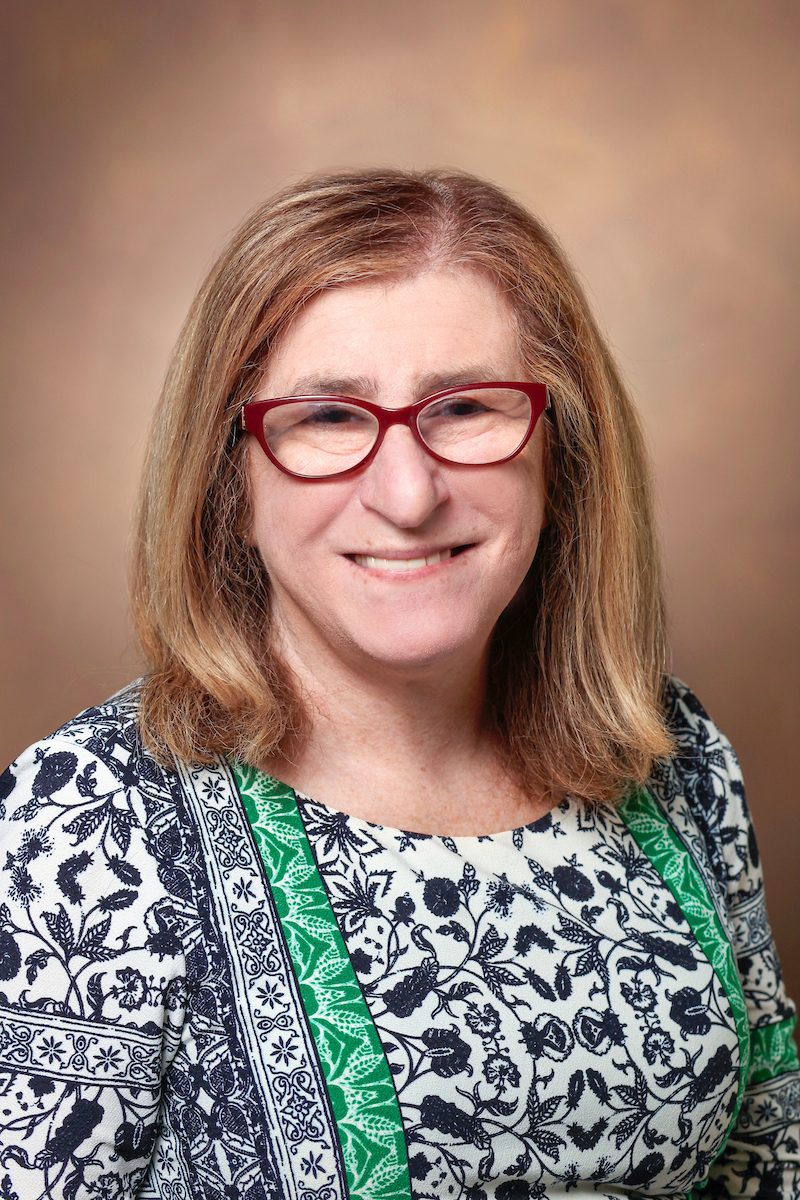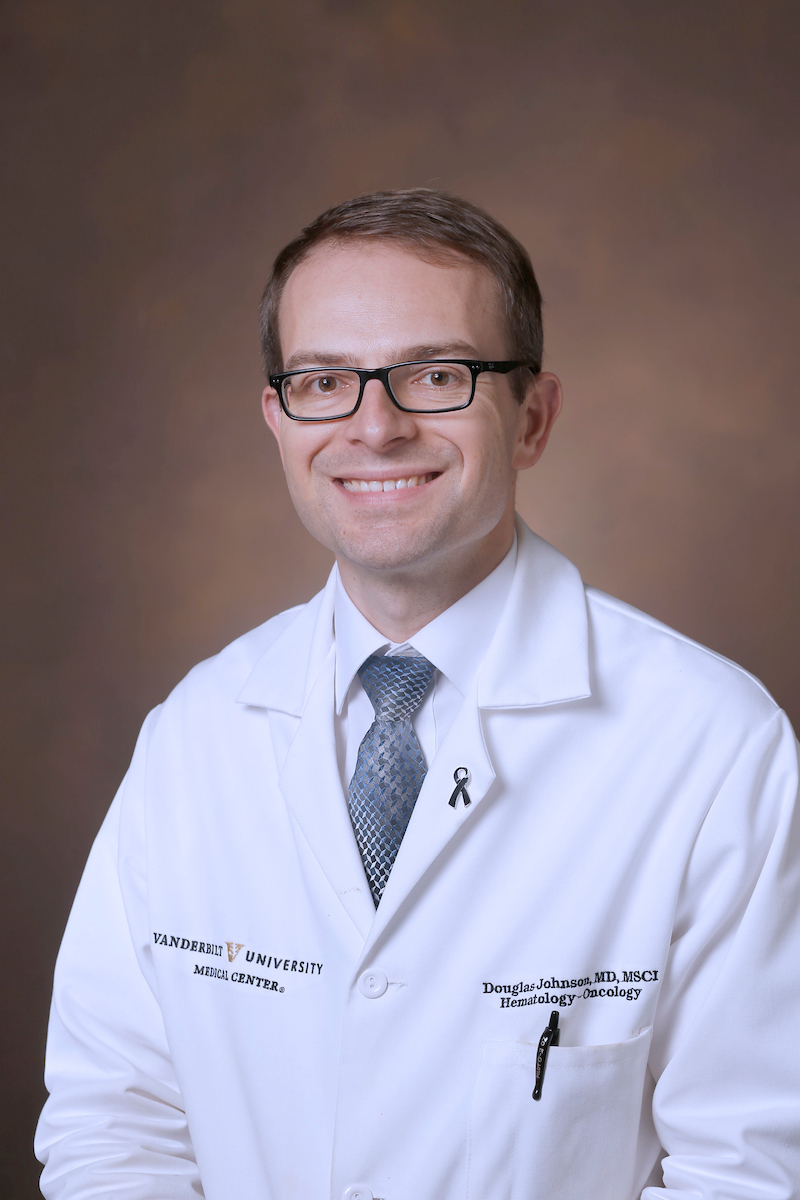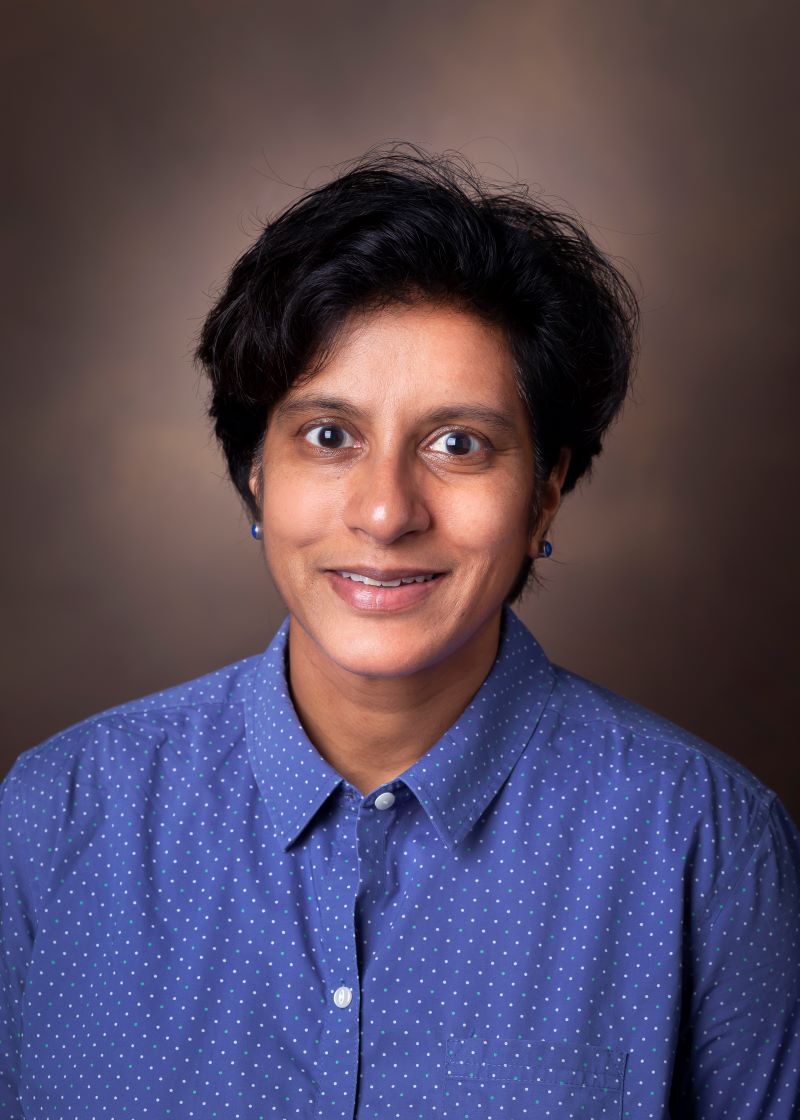Clinical and translational cancer research
The goal of the T32 Vanderbilt OncoLogy Training Program (VOLT) is to provide individuals with the training, mentorship, and collaborative interactions necessary for them to have successful and independent careers in clinical and translational cancer research.
Specific aims of the program:
- To recruit, support, and develop top-tier junior physician-scientists and clinician-investigators with a strategic translational focus into cancer research
- To provide a unique and outstanding translational research training experience with opportunities to develop sufficient knowledge, skills, and expertise to successfully pursue independent investigative careers concentrated on clinical molecular oncology with a focus on training that exploits bench-to-bedside and bedside-to-bench paradigms
- To develop skills that support this career, including communication, resiliency, team building, collaborative science, and grant writing/grant management
- To prioritize the recruitment of trainees into clinical and molecular translation in oncology and support all aspects of career development necessary for a sustained and highly rewarding career.
Mentorship and integrated training
Trainees in the Vanderbilt OncoLogy Training Program are primarily participating in the pediatric and adult Hematology and Oncology Fellowship programs at VUMC. However, trainees may be eligible from other groups such as gynecologic oncology, dermatology, and pathology, as well as other clinical specialty fields in which a candidate physician is developing a clinical/translational cancer research career.
We strongly encourage integrated projects and training that includes the concept of co-mentorship, particularly in the fields of bioinformatics, genetics, precision medicine, and cancer outcomes and control.
Program Leadership

Debra Friedman, MD
Professor of Pediatrics

Douglas Johnson, MD, MSCI
Professor of Medicine

Mary Philip, MD, PhD
Assistant Professor of Medicine
